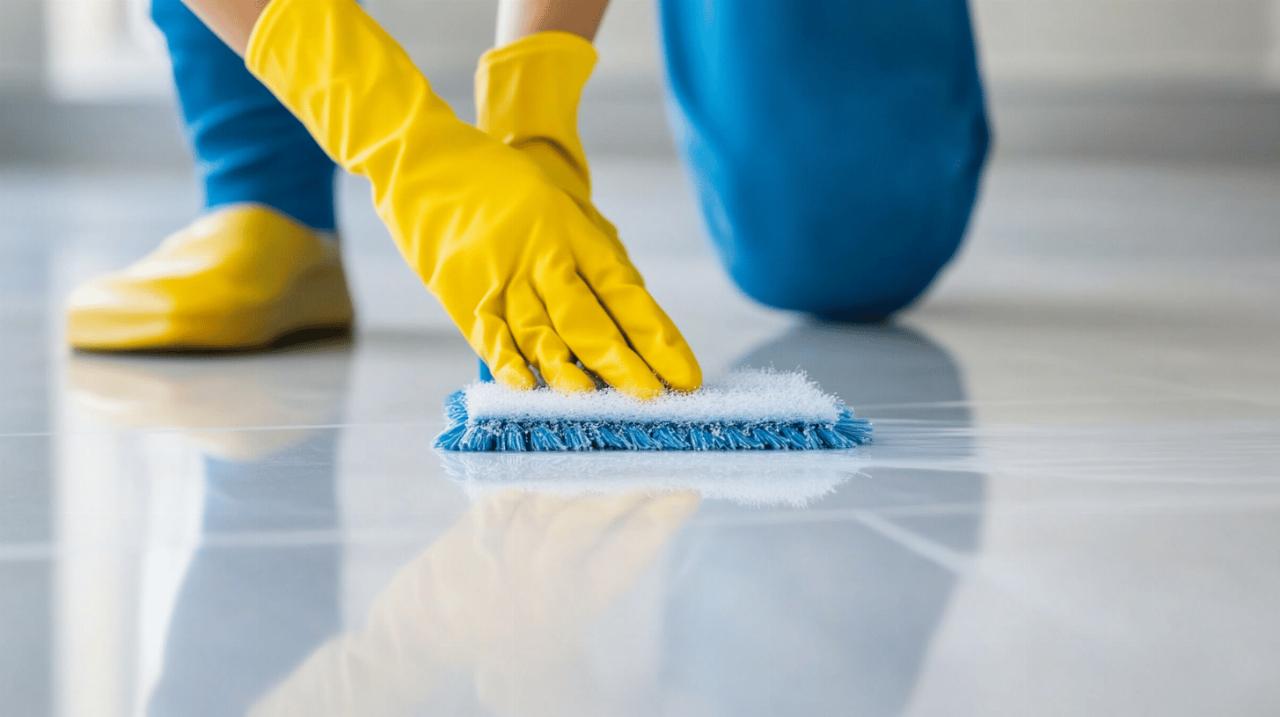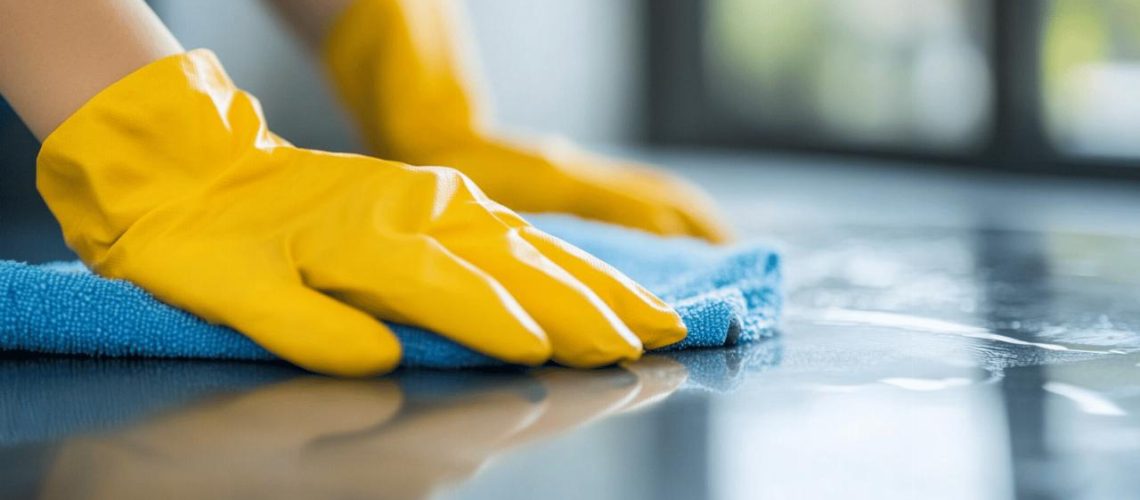Creating professional cleaning service quotes is a crucial aspect of running a successful cleaning business. A well-crafted quote not only helps potential clients understand your services but also positions your company as reliable and trustworthy. With the cleaning industry experiencing significant growth—household services increasing by 20% annually and commercial cleaning projected to expand by 50% by 2027—mastering the art of quotation can substantially impact your business success.
Understanding your financial requirements
Before setting prices for your cleaning services, you need a comprehensive understanding of your operational costs. Criterio Selecta and other industry experts emphasize that accurate financial calculations form the foundation of sustainable pricing strategies. Without this knowledge, you risk undervaluing your services or pricing yourself out of the market.
Calculating staff wages and material costs
Staff wages typically represent the largest expense for cleaning businesses. In the UK, cleaning staff earn an average of £12.23 per hour, which must be factored into your quotation formula. Additionally, you need to account for cleaning supplies, equipment depreciation, and protective gear. These costs can vary significantly depending on the type of cleaning service offered and whether you use standard or eco-friendly products.
Factoring in Travel and Operational Expenses
Travel costs between client locations, vehicle maintenance, insurance premiums, and administrative expenses all contribute to your operational overhead. These expenses might seem minor individually, but collectively they can significantly impact your bottom line. Tracking these costs meticulously enables you to incorporate them accurately into your service quotes, ensuring you maintain profitability while remaining competitive.
Market research and competitive pricing
Understanding the market landscape is essential for positioning your cleaning services effectively. Research indicates that industry average prices range from £28 to £48 per cleaner per hour, with flat fees for a three-bedroom home typically falling between £128 and £160. However, these figures can vary substantially based on location and service type.
Analysing competitor rates in your area
Local market conditions significantly influence pricing strategies. Conducting thorough research into what competitors charge for similar services helps establish a realistic price range. Consider factors such as service quality, reputation, and experience when comparing your offerings to others. This analysis prevents both underpricing that cuts into profits and overpricing that drives away potential clients.
Establishing your unique value proposition
Differentiating your cleaning service from competitors requires identifying and communicating your unique strengths. Whether you offer specialized cleaning techniques, eco-friendly products, or exceptional customer service, highlighting these aspects in your quotes helps justify your pricing structure. Clients are often willing to pay premium rates when they clearly understand the added value they receive.
Developing service package options
Creating tiered service packages gives clients choices that match their needs and budget constraints. This strategy not only accommodates different client requirements but also provides opportunities for upselling and cross-selling additional services.
Creating basic, standard, and premium service tiers
A typical three-tier pricing structure includes basic, standard, and premium options. The basic package might cover essential cleaning tasks, while standard packages include additional services such as inside window cleaning. Premium packages often incorporate deep cleaning elements and specialized services like oven or refrigerator cleaning, which can add £20 to £40 per appliance to the total cost. This tiered approach allows clients to select the service level that best suits their needs and budget.
Tailoring packages to different customer needs
Customization options demonstrate your willingness to accommodate specific client requirements. For residential clients, this might include special attention to certain areas or handling specific cleaning challenges like pet-related issues. Commercial clients often require tailored cleaning schedules that minimize disruption to their business operations. Your quotes should reflect this flexibility while maintaining clear pricing structures.
Defining scope and parameters
Precisely outlining what is included in each cleaning service prevents misunderstandings and disputes. Clear service definitions also help clients make informed decisions about which package best suits their needs.
Detailed service descriptions for clarity
Each service listed in your quote should include specific tasks to be performed, areas to be covered, and products to be used. For example, instead of simply stating “bathroomcleaning,” specify that it includes sanitizing fixtures, scrubbing tiles, cleaning mirrors, and mopping floors. This level of detail eliminates ambiguity and sets realistic expectations from the outset.
Setting boundaries and expectations
Equally important is clarifying what services are not included in the quoted price. For instance, if inside window cleaning or moving furniture is considered an additional service, this should be explicitly stated. Also, outline any conditions that might affect pricing, such as excessive clutter or specialty surfaces requiring special treatment. Establishing these boundaries upfront prevents scope creep and ensures clients understand potential additional charges.
Transparent cost breakdown
Transparency in pricing builds trust with potential clients and demonstrates professionalism. Rather than presenting a single lump sum, breaking down costs helps clients understand the value they receive for their investment.
Building client trust through honesty
Detailed cost breakdowns demonstrate transparency and integrity in your business practices. When clients can see exactly what they're paying for—whether it's hourly labor at £28 to £48 per cleaner or specific services like window cleaning at £4 to £8 per window—they develop greater confidence in your company. This approach also positions you as a trustworthy service provider focused on fair pricing rather than maximizing short-term profits.
Preventing disputes with clear pricing structures
Ambiguous pricing often leads to misunderstandings and disputed invoices. By clearly articulating your pricing structure, including any potential additional charges for special circumstances, you create a solid foundation for positive client relationships. Consider including information about frequency discounts, such as offering 5% off for bi-weekly cleaning services, which can encourage more regular bookings while providing clients with better value.
Utilising professional quotation tools
Modern technology offers numerous solutions for creating, managing, and tracking cleaning service quotes. These tools not only streamline your administrative processes but also project a professional image to potential clients.
Software solutions for quote generation
Specialized quotation software enables you to create consistent, professional-looking quotes quickly. These systems can automatically calculate square footage pricing (typically £0.04 to £0.13 per square foot), apply appropriate hourly rates, and include relevant add-on services. Many solutions also offer features like digital signatures, automated follow-ups, and integration with accounting systems, making the entire quotation process more efficient.
Maintaining brand consistency in documents
Every client-facing document, including quotes, represents an opportunity to reinforce your brand identity. Professional quotation tools allow you to incorporate your logo, color scheme, and company information consistently across all quotes. This attention to detail enhances your professional image and helps differentiate your business from competitors who might use generic or inconsistent documentation.
Responsive client communication
The speed and quality of your communication can significantly influence a potential client's decision to hire your cleaning service. Prompt, informative responses demonstrate reliability and commitment to customer service.
Establishing prompt follow-up protocols
Industry research shows that quick responses to quote requests substantially increase conversion rates. Implementing systems for acknowledging receipt of enquiries and providing estimated timeframes for formal quotes demonstrates efficiency and respect for clients' time. This proactive approach sets positive expectations for your ongoing service relationship.
Converting enquiries into secured contracts
Following up on submitted quotes is equally important for securing business. A well-timed phone call or email to address any questions can often make the difference between winning and losing a contract. This follow-up communication also provides an opportunity to highlight your unique value proposition and build rapport with potential clients, increasing the likelihood of converting quotes into confirmed bookings.

